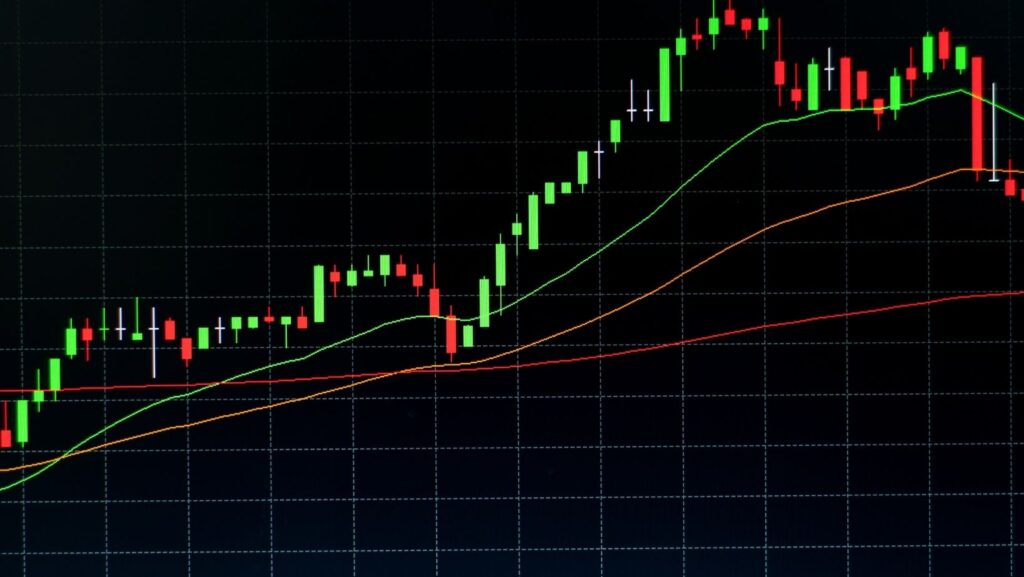Prop firm trading has gained a lot of attention, especially for those looking to trade with a larger amount of capital. Many traders are interested in getting started, but may not realize there are important rules that guide how trading works in these firms. Knowing about prop firm trading rules helps traders avoid mistakes and keep their accounts safe.
For people wanting a beginner-friendly Forex funded account, understanding the main rules is a key step before joining. Different prop firms have their own guidelines, and reading about the rules on trusted prop firm websites can make the process much smoother.
Understand the risk management rules, including maximum daily loss limits.
Traders must pay close attention to risk management rules set by prop firms. These rules are designed to protect both the trader’s capital and the firm’s funds.
One of the main rules is the maximum daily loss limit. This means there is a set amount of money a trader is allowed to lose in a single day. If this limit is reached, trading must stop for the rest of the day.
Prop firms often set clear limits on how much risk can be taken on each trade as well. Some firms also use weekly or overall drawdown limits to prevent large losses over time.
Most firms require the use of stop-loss orders, which help keep trade losses from getting too big. Traders are expected to calculate their position size so they do not break any firm rules.
If a trader fails to follow these risk limits, they may lose access to their trading account. Strict risk management helps traders build discipline and avoid reckless decisions.
Know the profit-sharing structure and withdrawal conditions before trading
Traders need to understand how profit-sharing works before joining a prop firm. Most firms use a model where traders keep a percentage of the profits they earn. This split can range based on the agreement and trader performance.
Each prop firm will have its own rules about how and when money can be withdrawn. Some firms offer monthly or biweekly payouts, while others may have longer waiting periods. Payout schedules may also depend on meeting performance or risk-management requirements.
Trading agreements often include information about fees, withdrawal limits, and any minimum profit targets. Before getting started, traders should carefully read these terms. Double-checking every rule makes it easier to avoid surprises later.
Understanding both the profit split and withdrawal rules helps traders set clear goals. It also allows them to plan their trading activity with more confidence. By knowing these details ahead of time, traders can focus on trading without worrying about unexpected limits.
Familiarize yourself with trading restrictions such as allowed instruments and trading hours
Traders working with prop firms need to know which financial instruments they are allowed to trade. Most prop firms provide a list of permitted assets, which could include forex, stocks, indices, or commodities. Some firms may limit certain currency pairs or specific stocks due to risk controls.
Trading hours can also be restricted. Prop firms might allow trading only during standard market sessions, or they could block trading during certain periods such as weekends or holidays. Special rules may apply to trading during high-impact news events or announce “no trading windows” before and after big announcements.
Some firms may limit trading on particular days or during all-day news events. On these days, even if trading is allowed, there might be caps on how much profit can count toward a target. Traders must always check these rules before opening or closing trades.
It is important to review the firm’s guidelines regularly because restrictions can change based on market conditions or company policies.
Comply with the firm’s evaluation criteria and maintain minimum performance standards
Traders must closely follow the evaluation rules set by the prop firm. These rules may include meeting profit targets, keeping losses below a set limit, and sticking to daily loss limits. Firms may also check whether the trader uses safe risk management practices.
Passing the evaluation is usually the first step. Traders often prove their skills in a demo account before moving to real capital. The evaluation also helps the firm spot strong risk control and trading discipline.
Maintaining minimum performance standards is an ongoing part of trading with a prop firm. Traders need to avoid making risky moves or breaking any firm rules. Performance is monitored to make sure each trader stays within the guidelines.
Consistency matters as much as hitting targets. Being able to repeat good results is something prop firms look for. Traders should take the time to review their progress and adjust if needed.
Keep detailed records of trades as required by the prop firm’s policies.
Prop firms expect traders to keep clear records of all trades. This often includes information like the entry and exit prices, trade size, and the instrument traded.
Traders may also need to note the time of each trade, the profit or loss, and their reason for entering the trade. Keeping these records helps both the firm and the trader review performance and spot any mistakes.
These records can be needed for regular checks by the firm. Firms might ask for daily or weekly trading logs and use these to monitor rule compliance.
Accurate records make it easier to handle audits or address questions about trades. They also support good decision making and risk control.
Traders should check the firm’s policies early and create a habit of writing down every trade. Using a consistent method, like a trading journal or digital spreadsheet, can make this process smoother.
Conclusion
Traders should understand that prop firms provide trading opportunities but set strict rules to protect their capital. These rules often focus on risk, such as daily loss limits and total drawdown restrictions. Meeting profit targets and following position-holding policies are also part of most programs.
Success depends on following the rules, practicing good risk management, and staying updated as rules change over time. Being aware of these guidelines helps traders work within the system and avoid costly mistakes.
A clear focus on risk, discipline, and rule-following is key for any trader looking to do well with a prop firm.















